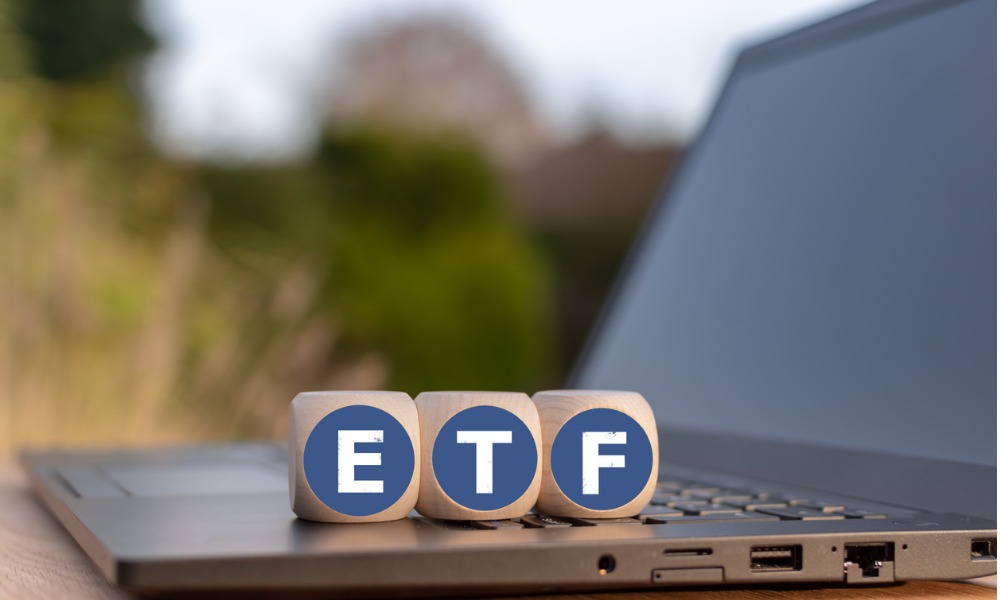Survey reveals rising curiosity from non-ETF investors, rising proportion of portfolio allocations

With several trillion dollars in assets under management globally, the ETF industry has cemented its place in the global investment landscape. Offering exposure to assets from equity to fixed income and, more recently, even bitcoin, it’s turned into a respected and recognized vehicle – and its influence isn’t set to wane anytime soon.
In the 10th edition of the ETF Investor Study released by Charles Schwab, nearly all ETF investors surveyed (94%) said they are likely to buy ETFs in the next two years, and nearly half of non-ETF investors (45%) said they’re likely to do the same.
“Over the decade we have conducted this study, ETF investors’ appetite and affinity for ETFs has grown dramatically,” said David Botset, SVP of Product Strategy for Charles Schwab. “They feel much more knowledgeable and confident in their abilities to use these products to help achieve their financial goals.”
When asked why they’re likely to consider buying ETFs, the top reasons given by non-ETF investors included portfolio diversification (60%), the ease of buying and selling the products (49%), their low cost (34%), and tax efficiency (28%).
Meanwhile, the remaining holdout non-ETF investors said they were unlikely to consider buying ETFs because they don’t understand enough about ETFs (46%), they’re happy with their current investment portfolio (32%), they prefer mutual funds (17%), and they feel ETFs are too risky or complicated (10%).
Despite the lingering hesitation among many, investors at large have grown much more confident in making decisions about ETFs. The latest study reflected that 41% of investors are extremely confident that they can choose ETFs to help achieve their investment objectives, a far cry from just 18% who held that view in the 2015 survey. In a similar vein, more than three-fourths (77%) of ETF investors rated themselves as experienced or intermediate in their understanding of ETFs, compared to just 57% who said the same in 2015.
“Education is a key ingredient to success in all aspects of investing, so it is very exciting to see the evolution that has taken place with ETF investors’ familiarity and comfort with ETFs,” said Botset.
The latest survey also showed a continued trend of millennials surpassing older demographic segments in adopting ETFs, with 29% of millennial ETF investors having plans to significantly raise their ETF investments. Gen Xers didn’t fall far behind, with 23% of ETF investors in that age group saying they’ll raise their allocations, while just 9% of Boomer investors said the same.
The trend held with respect to predicted ETF allocations, with Millennials estimating 43% of their portfolios in five years will be in ETFs, compared to 39% for Gen X and 29% for Boomers. In all the consensus among ETF investors is that 38% of their portfolios will be in ETFs by 2025.
That prediction will turn out to be conservative, if history and overall figures are any indication. Over the last decade, Charles Schwab said that the proportion of ETFs in investors’ portfolios rose from 19% to 29%. That final number exceeded the prediction of 25% put forward by ETF investors in 2015.
Asked about their specific ETF preferences, ETF investors identified actively managed ETFs, market cap index ETFs, and fixed-income ETFs as the top categories they feel will help them reach their investment goals. Active semi-transparent ETFs are also piquing the curiosity of 16% of investors, who said they plan to invest in such ETFs over the next year.



